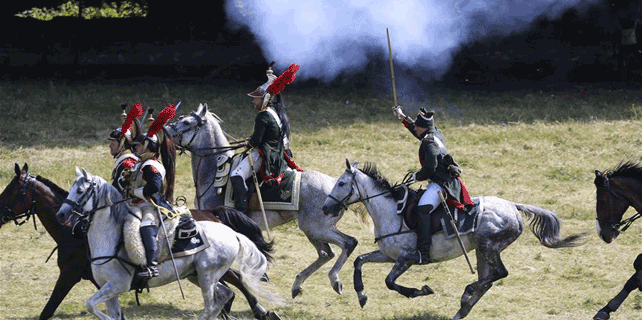Attracted to the light of tai chi
|
Youth winners pose with judges at the 2017 Light of Taichi International Wushu Elite Competition hosted by North American Chen’s Taichi Association in Toronto on Saturday. NA LI / CHINA DAILY |
They gathered in Toronto on Saturday, unified by their devotion to the Chinese internal martial art of tai chi.
Ken Boshcoff, a former member of parliament (MP) and mayor of Thunder Bay, Ontario, who is now the president of North American Chen’s Taichi Association (NACTA), said that his best birthday present was a tai chi biography of Chen Zhenglei, which was signed by Chen on Saturday at the Light of Taichi International Wushu Elite Competition in Toronto.
"Tai chi has grown fast recently in North America; people who are local champions have built a strong community of tai chi," said Boshcoff. "In Thunder Bay, for example, 5 percent of the population trains in one type of martial arts or another. A large number of them are training (in something other than) tai chi."
According to Boshcoff, people tend to be more health conscious in North America. They realize that tai chi has a distinct advantage over many other martial arts.
"You can do it for a much longer period in your life. It also has a significant selling point that it helps your circulation. If your blood is not flowing, you’ll not flow," said the former MP, who has practiced tai chi for 10 years.
There were more than 70 tai chi practitioners from China, the US, Canada who attended the elite tournament. Following the competition was the Light of Taichi summer camp and seminars, which is part of the "Thousand Public Seminars in a Hundred Cities" around the world.
"Tai chi represents Chinese culture and philosophy. It is one of the most popular sports in the world," said Chen, an 11th generation direct-line inheritor of Chen’s tai chi. "I hope to spread tai chi culture and carry on the tradition through Light of Taichi. Eventually, I hope tai chi can make more contributions to human health."
"We open for a wider audience in order to bring authentic Chen’s tai chi to more tai chi lovers," said Jack Yan, secretary of NACTA. "On the other hand, we assemble the talents of tai chi all over the world and give them a better promotion and instruction."
The martial art, which combines slow and fluid movements, deep breathing and meditation, has attracted more Canadians to study and practice.
"There are a lot of things such as qi (life energy) that tai chi offers, which Western society doesn’t have," said Chris Dickson, who won a couple of medals in the competition. "Just like the Chinese traditional medicine and Western medicine, they have different approaches, and I learn a lot from this exercise and culture."
"I had suffered from back pain before learning tai chi," said another competitor, 65-year-old Eva Nilsson, who has practiced tai chi for 10 years and become an instructor at a tai chi school. "Tai chi is a moving meditation. I relieve my stress and pain. It really helps me, make me flexible and keep me young."
"Canada is a country that promotes multiculturalism. It’s a very multicultural event that connects diverse people from different nationalities here. Even in the spirit of competition, there is a great deal of friendship," Boshcoff added.




















